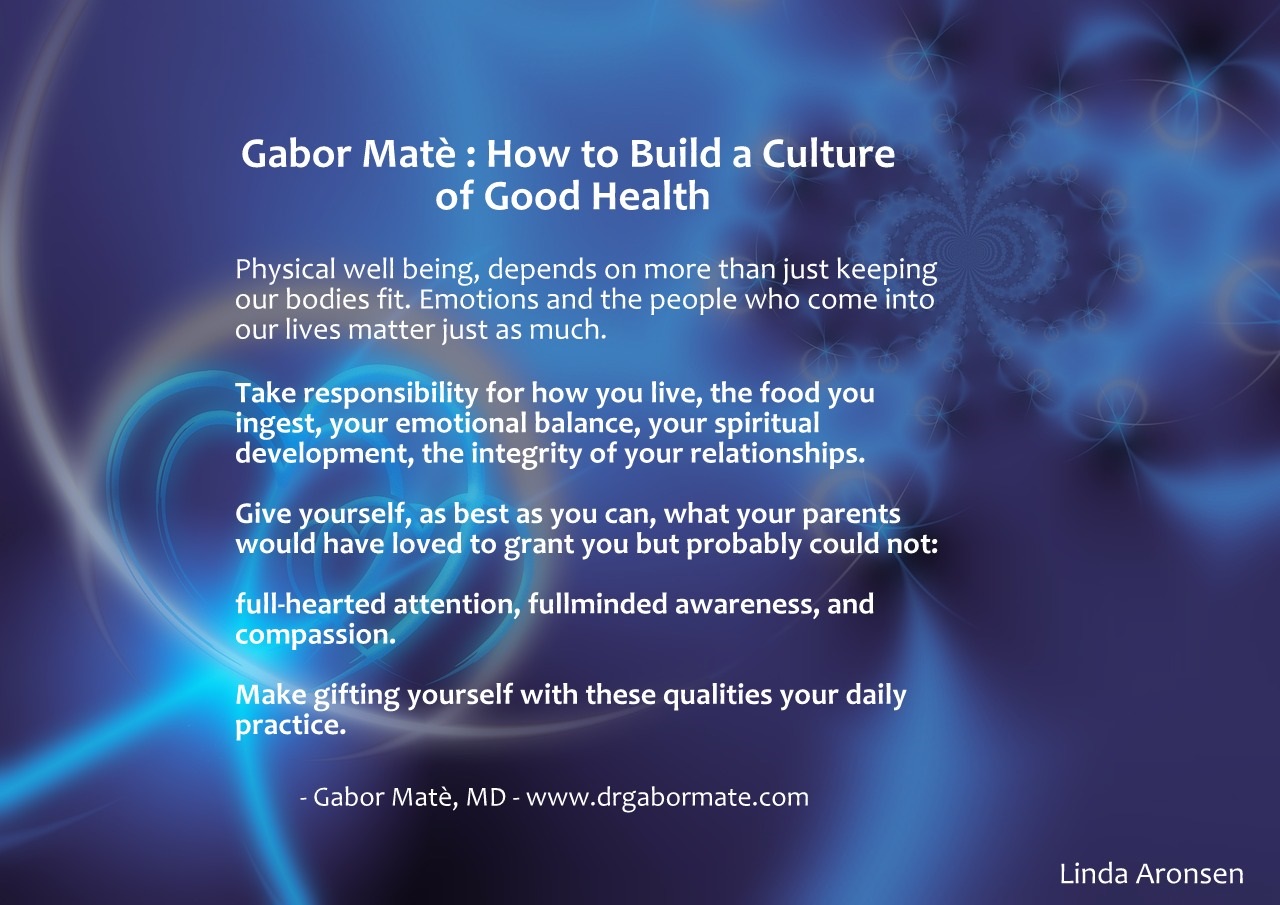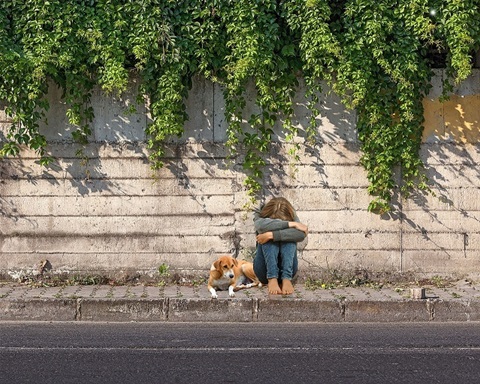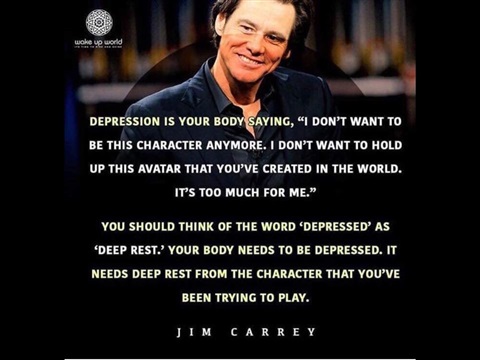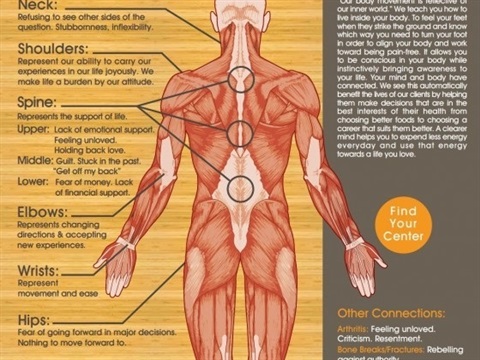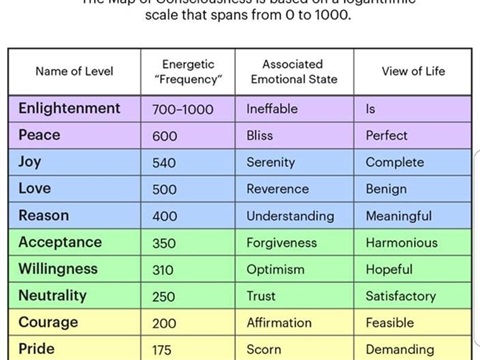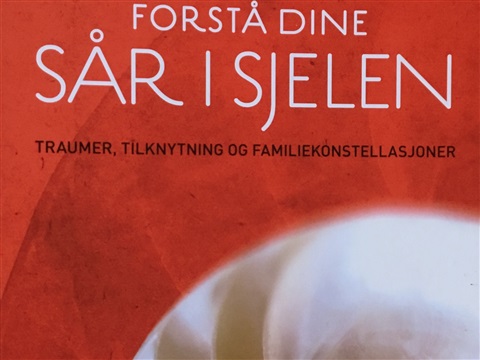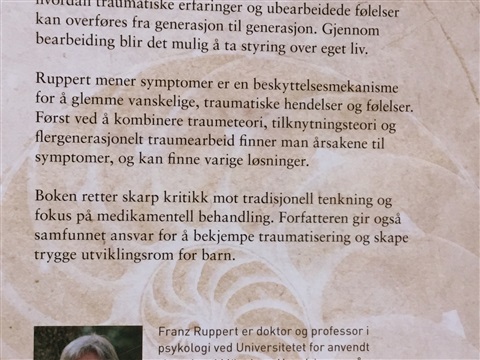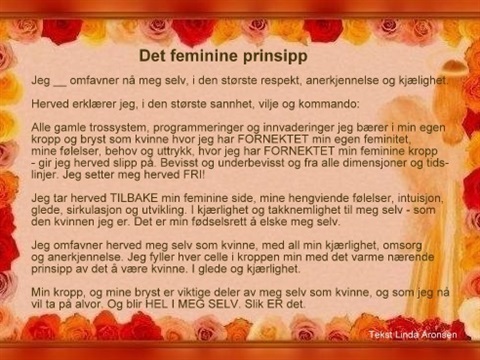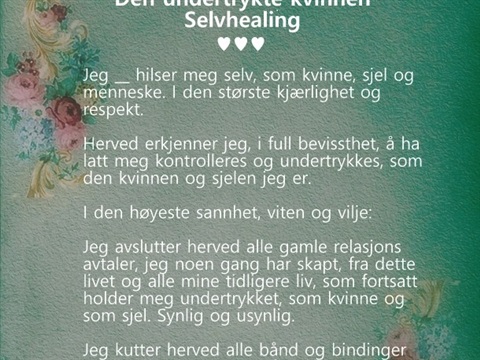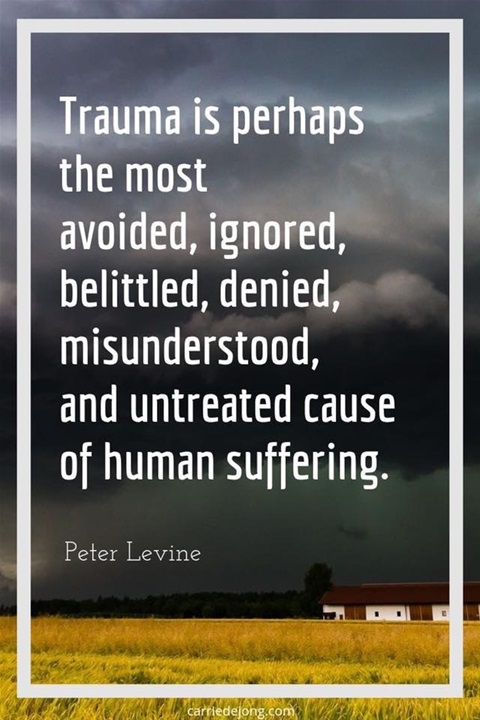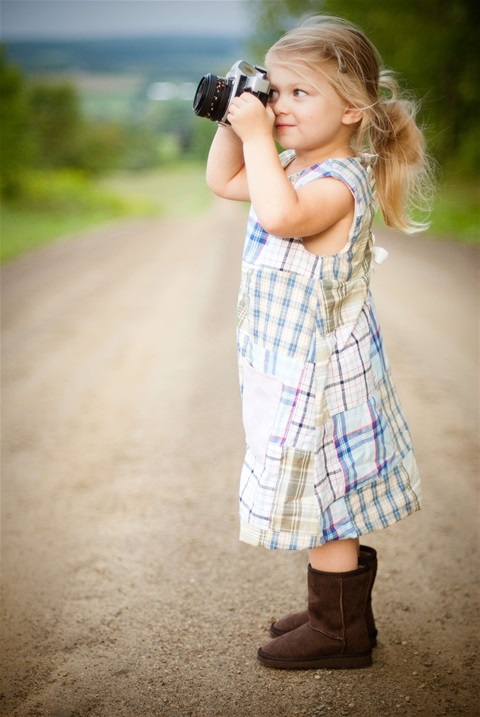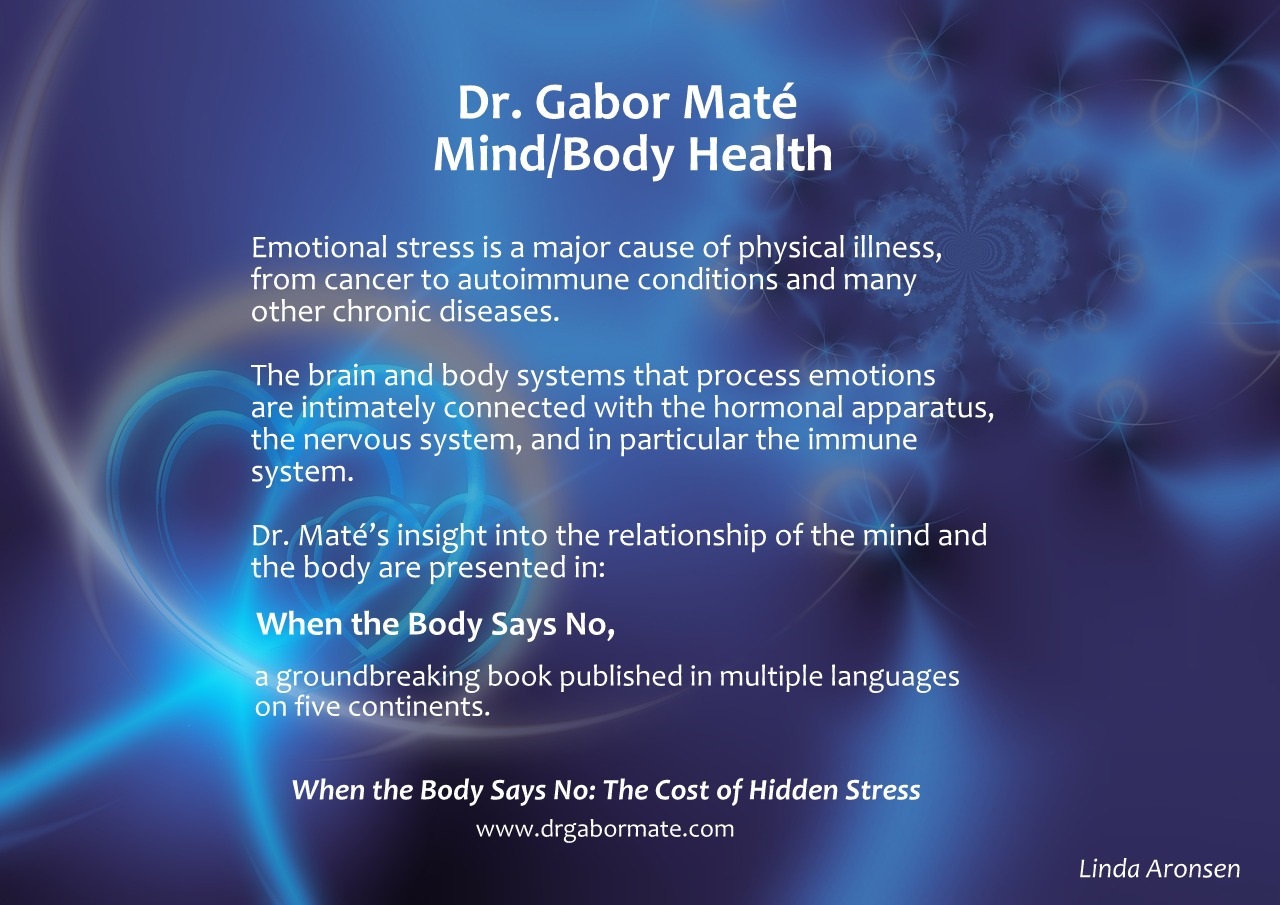In my experience as a teacher within the traditional school system, I found that several of my students were spiritually inclined to view the world – and therefore education from a ‘higher consciousness’. I allowed several of my students to benefit from the positive synergy effect of love that we created by practicing simple tools.
Here are 4 tools for higher achievements and more happiness in the classroom.
- MEDITATION
Start each day with meditation. Meditation in education should be all about opening our hearts, by beginning each day with a shared intention of kindness, happiness, and love.(The amazing effects of this practice is calmer students that are more aware of themselves and their surroundings in education).
- MUSIC
Listening to relaxing music will instantly relax our mind, so that we can learn and integrate the energy of wisdom. Speaking of the synergy effect, I believe that when knowledge is presented from love and calmness, the receiver will be more interested and integrate knowledge (“remember”) from a higher state of consciousness. - BREATHING
Practicing breathing techniques in the classroom will benefit all students, especially those who are inclined to have “less patience” than what is required in traditional education. All students will benefit though, as they will experience more calmness and focus for the tasks that lays ahead of them. - HAPPINESS
The key and number one tool for creating happiness as the main frequency in education, is by allowing the student’s voices to be heard. The new generation views learning almost as a ‘game’, there’s “Give & Take”; If you listen to me, I will listen to you.
As an intuitive teacher (and parent), I value the gifts of clairvoyance and sensitivity. I believe that the most sensitive children in particular would benefit from the tools described above.
Clairvoyance and education go hand in hand in my opinion, and it is an important aspect of co-creating “the happiness synergy” in the classroom, because we value who the students are, on a soul level.
In addition to listening to their students, teachers should recognize who their students are, their talents and innate gifts and use that as an inspiration for co-creating an intuitive teaching experience!
In my teaching experience, I found several students ‘lost’ in the traditional system, lacking confidence in who they are, and as a result, they have become rebellious and even further misunderstood in education, and often later in life by the overall state system.
These students could (if we let them), reconnect with love, happiness and wisdom in education if we allowed them to relate to the synergy effect of happiness.
Right here and now, can we do something to support students in education…?
The key question to ask yourself is this: How can I practice more Love in education?
